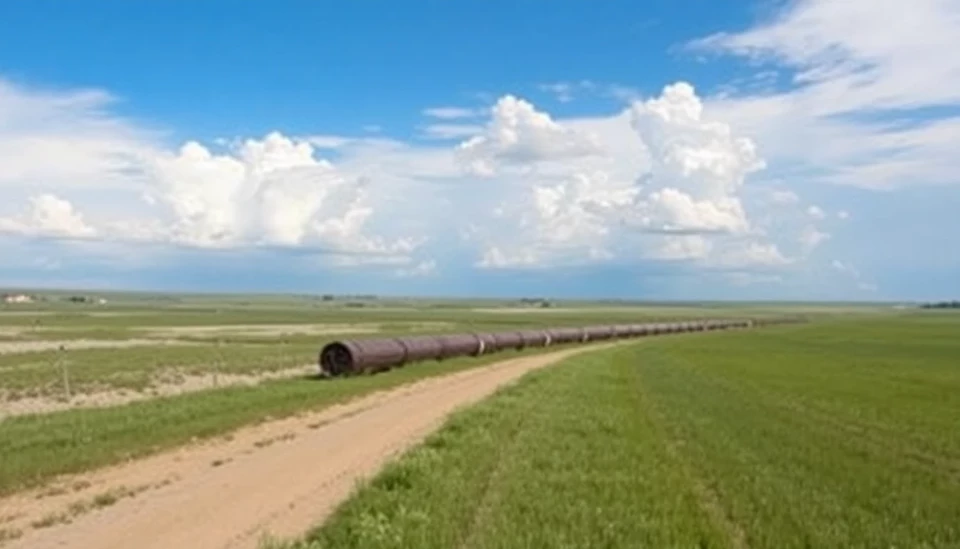
In a significant regulatory decision, the South Dakota Public Utilities Commission has rejected a crucial permit for a massive carbon capture pipeline proposed by Summit Carbon Solutions. The project, which aimed to create an extensive network designed to transport carbon dioxide captured from various sources to storage facilities in North Dakota, is valued at approximately $8.9 billion. This determination marks a setback for not only the developers but also the broader clean energy initiatives being pursued across the Midwest.
The commission's decision was influenced by substantial public opposition and environmental concerns. During a recent hearing, opponents cited potential risks to land, water quality, and community health. The proposed pipeline was set to span over 2,000 miles, stretching across multiple states and impacting numerous communities along its route. Many local stakeholders expressed fears that the infrastructure could pose hazards associated with carbon dioxide leaks or mishaps during transportation.
Summit Carbon Solutions expressed disappointment with the commission's ruling, claiming that the pipeline is essential for accelerating carbon sequestration efforts, which are vital to combatting climate change. The company's executives argued that the project offered an innovative solution for agricultural emissions while simultaneously providing economic opportunities for the region through jobs and increased investments.
In response to the commission's decision, Summit indicated plans to review its options, hinting that they might appeal the ruling in hope of moving the project forward. The company maintains that the pipeline aligns with broader national goals of reducing greenhouse gas emissions and transitioning to a more sustainable energy economy.
Environmental advocates have praised the commission's decision as a triumph for grassroots activism and a necessary stand against large-scale carbon infrastructure projects. They argue that investments in renewable energy should take priority over carbon capture and storage initiatives, which they believe could divert attention and resources away from sustainable solutions.
This ruling joins a growing list of challenges facing carbon capture projects amid increasing scrutiny over their effectiveness and potential environmental impacts. With the urgency of addressing climate change paramount, the future of large-scale carbon infrastructure remains uncertain as more communities weigh the risks versus the benefits.
The repercussions of this ruling may also resonate beyond South Dakota. As other states consider similar carbon transportation projects, the outcome of Summit Carbon Solutions' efforts could influence the regulatory landscape and reshape discussions surrounding carbon capture technology nationwide.
#SouthDakota #CarbonPipeline #ClimateChange #PublicUtilities #EnvironmentalRegulation #SustainableEnergy #CommunityHealth
Author: Victoria Adams
